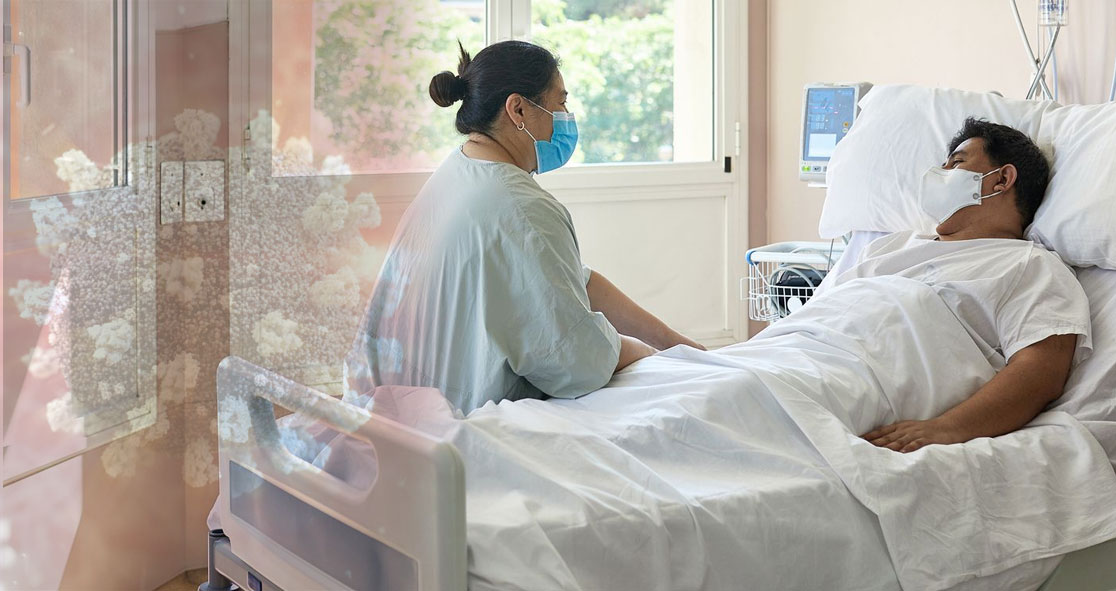A new study has found that those who have already survived a bout of COVID-19 may have a much lower risk of reinfection for at least 10 months, according to MedicineNet.
The study, published last week in The Lancet Healthy Longevity journal, analyzed rates of COVID-19 infections from October 2020 to February 2021 among more than 2,000 nursing home residents (average age 86) and staff.
Researchers used antibody testing to determine whether they had a previous infection up to 10 months earlier.
The study found that residents with a previous infection were 85% less likely to get infected during the four-month study period compared with those who had never been infected. The staff with prior infections were 60% less likely to get infected than those who had never been infected.
Of the 634 people who were previously infected, reinfections occurred in 4 residents and 10 staff members.
The researchers excluded the impact of vaccination by removing participants from the study 12 days after the first vaccine dose. Meanwhile, they are looking at vaccine efficacy in a separate study.
Lead author Maria Krutikov said, “It’s really good news that natural infection protects against reinfection in this time period. The risk of being infected twice appears to be very low.”
Krutikov is a Wellcome Trust Clinical Ph.D. Fellow at Institute of Health Informatics, University College London (UCL).
“The fact that prior COVID-19 infection gives a high level of protection to care home residents is also reassuring, given past concerns that these individuals might have less robust immune responses associated with increasing age,” she explained.
“These findings are particularly important as this vulnerable group has not been the focus of much research,” Krutikov added.
Senior author Laura Shallcross of UCL said, “This was a unique opportunity to look at the protective effect of natural infection in this cohort ahead of the roll-out of vaccination.”
“An important next step is to investigate the duration of immunity following natural infection and vaccination, and to assess whether this protective effect is maintained against current and emerging variants,” she added. The article was published on MedicineNet.























